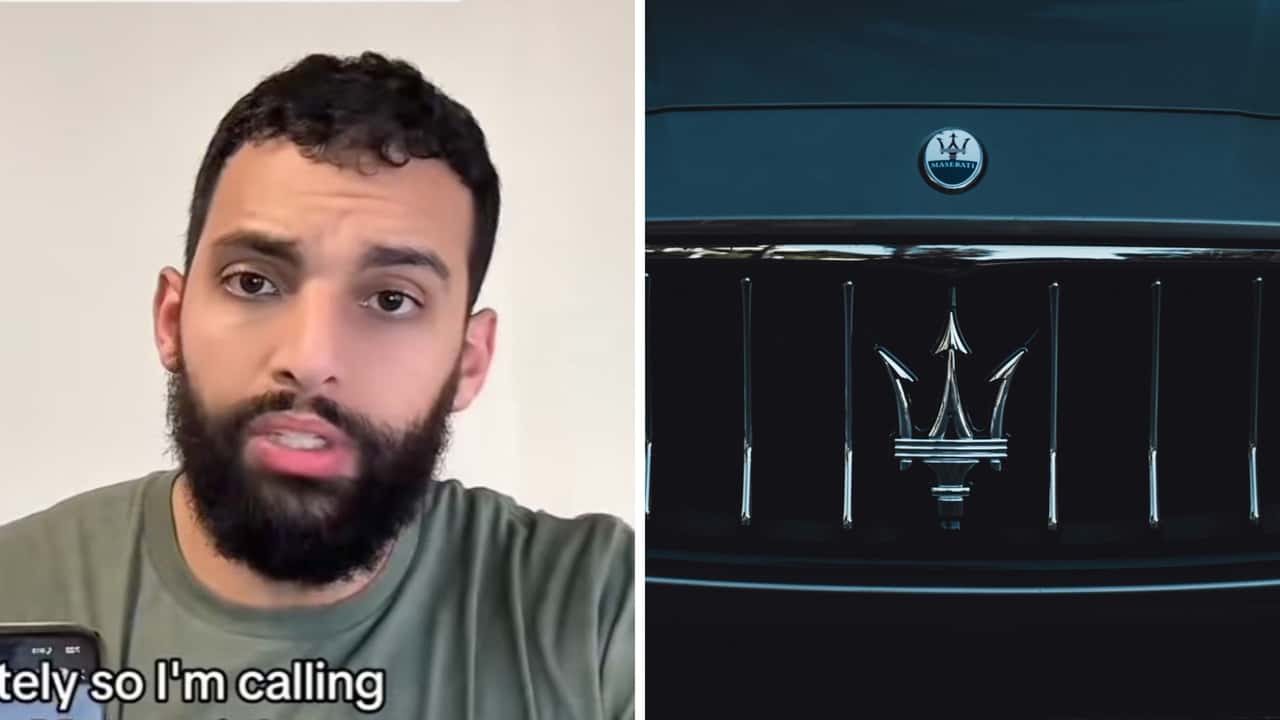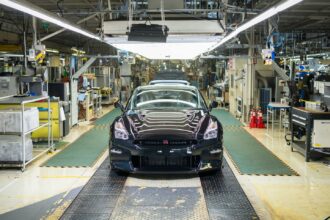
A woman tries to sell her Maserati, only to find out the harsh reality of depreciation with the brand.
In a TikTok post that’s generated over 105,500 views as of this writing, Yusuf (@ridewithyusuf) explains how her Maserati has depreciated over time and how she learned a financial lesson the hard way.
To begin, the woman shares how she bought a 2022 Levante Maserati new for $130,000 MSRP and it’s now worth $20,000.
The woman calls Yusuf for his opinion on what she should do with the Maserati trade-in. She tells Yusuf about her great credit and interest rate of 5%, but she is still $20,000 upside down on the car.
“You owe around $41,000,” Yusuf calculates.
Yusuf did reassure her that she has great credit and income, but there’s a problem.
“Unless you put a significant amount of money down, your negative equity is going to transfer to a different car. If you are buying a newer car, it’s going to depreciate and put you in even a worse situation. In order for you to get rid of this, go lease a car. The caveat is that you will have a higher payment,” Yusuf explains.
The woman informed Yusuf that her current monthly payment is $1,100 for the Maserati, and she is open to going up to $1,500 a month.
“I think I’m going to keep it and not have a car payment after I am done paying,” she decides.
“Never buy a Maserati; always lease it,” Yusuf advises.
“I’m tired of riding nice to prove something,” she realizes.
“I’m glad the Maserati humbled you,” Yusuf concludes.
Is It Better To Buy a New or Used Maserati Levante?
This Maserati owner was shocked to discover her Levante had depreciated over $100,000 since she purchased it. This is why Yusuf believes it’s best to never buy a new Maserati.
Car depreciation is the rate at which your car loses value over time, Progressive reports. So when your vehicle’s mileage goes up, the value goes down.
In the first two years, on average, new cars depreciate about 30 percent and continue to depreciate 8-12 percent each year after that, according to Kelley Blue Book.
“Luxury vehicles can depreciate more because many luxury vehicle brands aren’t perceived to be as reliable as some other brands,” CarParts states.
According to CarEdge, the Maserati Levante will depreciate 70 percent after two years of ownership. A steep drop in value takes place during the first year alone, at 50 percent.
“Always buy a Maserati after the original owner ate the depreciation,” one TikTok commenter shared.
“I love both of my Maserati’s but I would never buy one new. They are fantastic cars but the depreciation is awful,” another commenter added.
“Always buy Maserati used,” a third replied.
CarEdge also agrees with this take to buy used over new. It recommends finding a Maserati Levante between two and four years old, as the new ones depreciate quickly. While there is a 70% depreciation in the first two years, the five year depreciation for the Levante is 74%.
How to Avoid Going Upside Down on a Car Loan
“Being upside down on your loan means you owe more money on your vehicle than it’s currently worth,” PNC states.
Ending up in a situation where you owe more money on your vehicle than it’s currently worth is certainly not ideal. Refinancing or trading in your car to roll over the negative equity into a new loan are ways to get out of this, PNC reports.
However, knowing what common situations get people into an upside-down loan can be useful to avoid getting into this scenario yourself. Here are some common scenarios PNC provided:
- Small or No Down Payment: The amount of money you put down when buying will determine the amount of money you need to borrow. With less money down, more money will be owed with more time for depreciation to work. To avoid this, put more money down upfront.
- Buying New or Luxury Vehicles: Both depreciate faster and could leave you underwater on your loan soon after purchase. To avoid this, buying used is suggested, as most of the depreciation has already taken place after purchase.
- Long Loan Repayment Period: Having a longer loan will make monthly payments lower. However, your car could depreciate faster than you pay and you may end up with an upside down loan. To avoid this, make higher monthly payments.
- High Interest Rates: The higher the APR, the longer it’ll take to pay off, as most of the payments will be put toward interest first. To avoid this, know your budget and what’s a realistic monthly payment with a favorable interest rate.
Motor1 has contacted Yusuf via TikTok direct message. This story will be updated if he replies.








